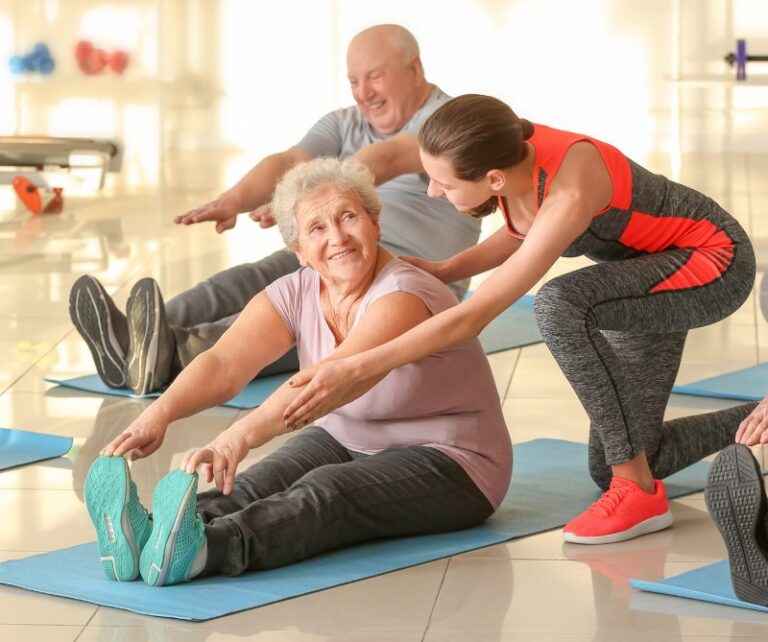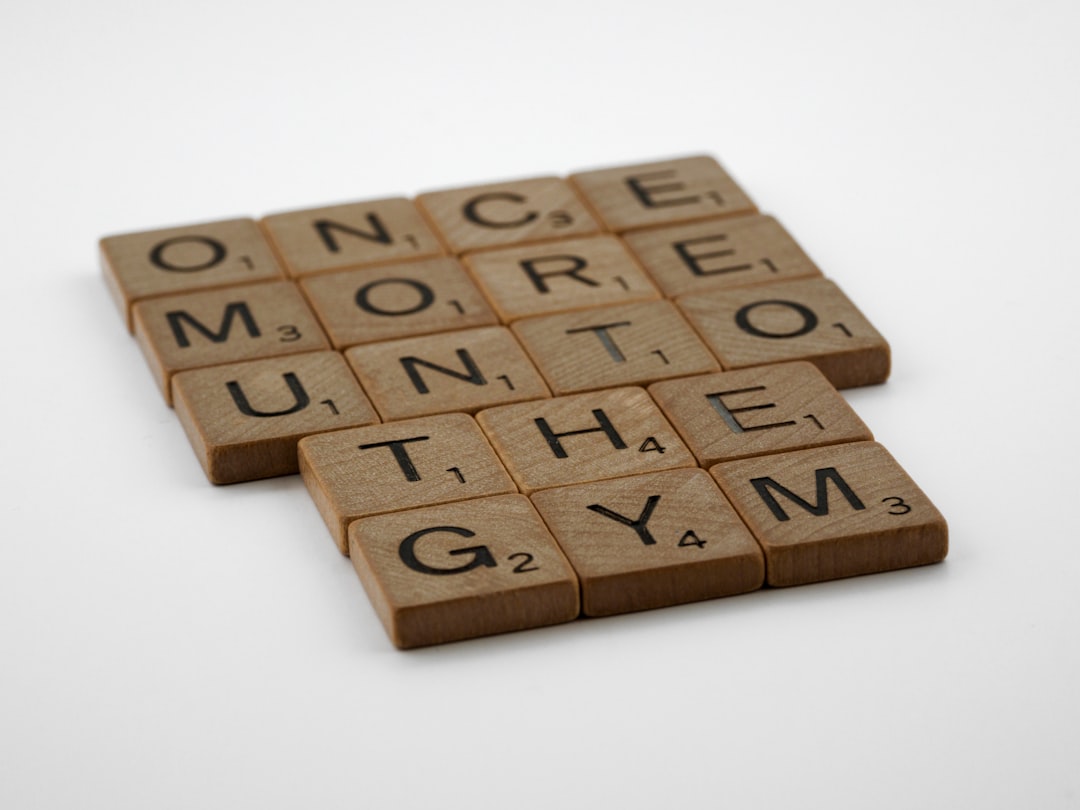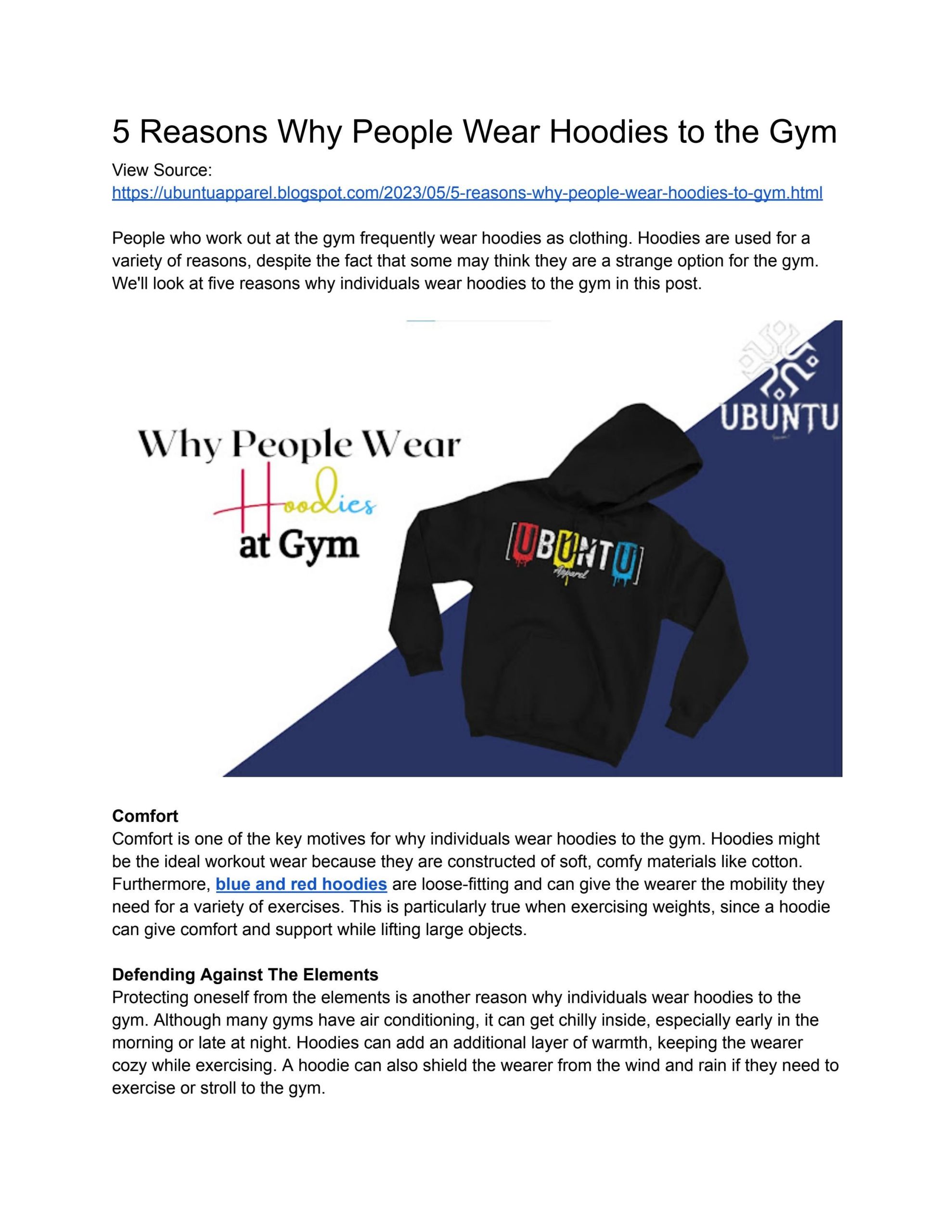Have you ever wondered when’s the right time for you to start hitting the gym? Whether you’re a teenager eager to lift weights or a parent curious about your child’s fitness options, understanding the age requirements for gym access is crucial.
The truth is, the right age isn’t just a number; it’s about safety, growth, and your personal goals. Imagine the confidence boost of knowing you’re taking the right steps towards fitness, without risking injury or over-exertion. As you read on, you’ll discover the factors that gyms consider when setting age limits, the benefits of starting at different ages, and how you can make the most out of your gym experience.
This guide is crafted to answer your questions and help you make informed decisions, ensuring you or your loved ones start on a fitness journey that’s both safe and effective. Let’s dive into the details and find out what age is truly the best to start your gym adventure!

Credit: www.tiktok.com
Age Requirements For Gym Membership
Understanding age requirements for gym membership is crucial for starting a fitness journey. Different gyms have varying policies, and knowing these can help you find the right fit. Age guidelines can depend on factors like gym type, location, and specific regulations.
Minimum Age For Gym Membership
Most gyms set a minimum age for members. This age is typically around 16 years old. Some gyms allow younger members with parental consent. Always check the gym’s policy before signing up.
Parental Consent And Supervision
Younger gym-goers often need parental consent. Some gyms require a parent or guardian to be present during workouts. This ensures safety and proper usage of equipment.
Teen-friendly Gym Programs
Many gyms offer programs tailored for teens. These programs focus on age-appropriate exercises. They help build a foundation for lifelong fitness habits.
Age-specific Fitness Classes
Some gyms provide classes specifically for certain age groups. These classes cater to the physical development needs of each age bracket. They ensure a supportive and effective workout environment.
Benefits Of Early Gym Attendance
Starting gym attendance early fosters healthy habits and boosts physical fitness. Many gyms welcome attendees from age 13 onward, offering tailored programs for younger individuals. Early exposure to fitness routines encourages discipline, mental strength, and social interaction, laying a strong foundation for lifelong well-being.
Starting gym at an early age can be very beneficial. It helps young people develop healthy habits. Early gym attendance boosts physical health and mental well-being. Kids and teens learn discipline and focus. They also gain confidence in their abilities. Parents often wonder about the right age for gym activities. Understanding the benefits can guide their decisions.Improved Physical Health
Regular exercise strengthens the heart and muscles. It supports bone growth. Young gym-goers often experience better posture. They also enjoy increased energy levels. These benefits contribute to overall health and happiness.Mental Wellness Boost
Exercise reduces stress and anxiety. It improves mood and sleep patterns. Young people who exercise often feel more relaxed. This helps them manage school pressures effectively.Development Of Discipline
Gym routines teach discipline and responsibility. Kids learn to set and achieve goals. They develop a sense of commitment. This can help in other life areas like school.Building Confidence
Achieving fitness goals increases self-esteem. Young gym-goers become proud of their progress. They learn to appreciate their bodies. This fosters a positive self-image.Social Skills Enhancement
Gyms offer opportunities to meet peers. Kids learn teamwork and communication. They develop friendships and learn social skills. This enhances their social life and interactions.Knowledge Of Healthy Habits
Early gym attendance teaches nutrition and fitness. Kids understand the importance of balance. They learn about body care and self-improvement. This knowledge benefits them long-term.Safety Considerations For Young Gym-goers
Young gym-goers often wonder about the right age to start. Many gyms set the minimum age at 13, ensuring safety and proper guidance. Teens should seek parental consent and professional advice before starting their fitness journey.
Diving into the world of fitness at a young age can be exciting and empowering, but safety should always be your top priority. As young gym-goers eagerly step into this environment, it’s crucial to recognize the unique challenges and precautions necessary to ensure a safe and beneficial experience. With the right approach, you can lay a strong foundation for lifelong health and fitness without risking injury or burnout.Understanding Physical Development
Your body is constantly changing, especially during your teenage years. This means your muscles, bones, and joints are developing, and you must approach gym workouts with care. For example, weightlifting should be moderated, focusing on lighter weights and higher repetitions to prevent injury. Listening to your body is key; if something feels uncomfortable, it’s important to stop and reassess your approach.Proper Supervision
Having a knowledgeable trainer or coach can make all the difference. An experienced professional can guide you through exercises, ensuring you’re using proper form and technique. This supervision helps prevent common mistakes that can lead to injuries. Imagine the reassurance of knowing someone is there to correct your posture or spot you during a challenging lift.Equipment Familiarity
Before diving into a workout, take time to familiarize yourself with the gym equipment. Each machine serves a different purpose, and understanding how to use them correctly can enhance your workout and keep you safe. Consider spending a few sessions focusing solely on learning the equipment, which will pay off in the long run.Warm-up And Cool Down
Skipping a warm-up might save time, but it’s not worth the risk. A good warm-up prepares your muscles and increases blood flow, reducing the chance of injury. Similarly, cooling down helps your body transition back to rest, preventing stiffness and soreness. Think of these as essential bookends to your workout routine.Setting Realistic Goals
Are you pushing yourself too hard too soon? Setting realistic, achievable goals is crucial for maintaining motivation and ensuring safety. It’s easy to get caught up in ambition, but remember that progress takes time. Celebrate small victories and focus on gradual improvements to avoid overexertion and disappointment.Hydration And Nutrition
Fueling your body properly is non-negotiable. Staying hydrated and consuming nutritious foods supports your workout and enhances recovery. Pay attention to what you eat before and after workouts, as it can significantly impact your performance and energy levels. Consider keeping a water bottle handy and planning balanced meals around your gym schedule.Listening To Your Body
Your body is your best guide. If you feel pain or discomfort, it’s a signal to slow down or stop. Pushing through pain isn’t a badge of honor; it’s an invitation for injury. Trust your instincts and give yourself permission to rest when needed. Remember, the journey to fitness is a marathon, not a sprint. By prioritizing these safety considerations, you set yourself up for a rewarding and sustainable gym experience. What steps will you take to ensure your safety while pursuing your fitness goals?Recommended Exercises By Age Group
Choosing the right exercises for different age groups is essential. Each age group requires a tailored approach to fitness. This ensures safety and promotes healthy development. Let’s explore recommended exercises for various age groups.
Exercises For Children
Children need activities that are fun and engaging. Encourage them with play-based exercises. These activities build strength and coordination.
- Tag games and hopscotch
- Jumping rope
- Simple yoga poses
- Obstacle courses
These activities promote flexibility and muscle development.
Exercises For Teenagers
Teenagers can handle more structured workouts. Focus on building endurance and strength. Encourage them to try new sports or exercises.
- Bodyweight exercises like push-ups and squats
- Running or cycling
- Team sports like basketball or soccer
- Swimming for full-body workout
These exercises help improve cardiovascular health and muscle tone.
Exercises For Young Adults
Young adults can engage in more intense workouts. The focus should be on building muscle and maintaining fitness.
- Weight lifting with proper form
- High-intensity interval training (HIIT)
- Yoga or pilates for flexibility
- Cardio workouts like running or spinning
These activities support strength and overall well-being.
Parental Guidance And Supervision
Navigating gym age limits can be tricky for parents. Many gyms allow teens aged 14 and up with supervision. Younger kids might need special programs or parental guidance for safety.
Parental guidance and supervision play a crucial role when young individuals start their fitness journey at the gym. While age requirements can vary, the need for responsible oversight remains a constant. Engaging with your child’s gym activities not only ensures safety but also encourages a healthy attitude towards exercise.Understanding The Gym’s Age Policy
Before taking your child to the gym, check the age policies. Many gyms have minimum age restrictions, often around 14 or 15, but it can vary. Make sure you are aware of these rules to avoid any surprises.The Importance Of Safety Measures
Safety should be your top priority. Ensure that your child knows how to use equipment properly. Consider scheduling a session with a trainer to guide them on safe practices.Creating A Balanced Workout Plan
Help your child create a balanced workout routine. This should include a mix of cardio, strength training, and flexibility exercises. Encourage them to start slow and gradually increase intensity.Being A Role Model For Fitness
Lead by example and show your child how to make fitness a regular part of life. Share your own gym experiences and workout plans. This can motivate your child to follow suit and adopt a healthier lifestyle.Regularly Checking In
Stay involved by regularly checking on your child’s gym progress. Ask them about their workouts and any challenges they face. This keeps communication open and shows your support for their fitness goals.Encouraging Social Interaction
A gym can be a social place. Encourage your child to make friends and join group classes. Social interactions can make gym visits more enjoyable and less intimidating.Monitoring Progress And Celebrating Achievements
Track your child’s progress and celebrate their achievements. Whether it’s lifting more weight or running a longer distance, acknowledging milestones boosts their confidence. How do you celebrate your child’s small victories?Gym Policies And Age Restrictions
When you’re eager to start your fitness journey, understanding gym policies and age restrictions can be crucial. Gyms often have different rules regarding the age at which individuals can start using their facilities, which can affect your plans. These regulations are designed to ensure safety and provide a conducive environment for all members.
Understanding Age Requirements
Most gyms set a minimum age limit for membership, typically ranging from 13 to 16 years. This age requirement is often influenced by local laws and the gym’s insurance policies. It’s crucial to check with your local gym to know their specific age restrictions.
Parental Consent And Supervision
If you’re under the minimum age limit, many gyms require parental consent for membership. Some facilities might also insist on adult supervision during workouts. This ensures that young members are safe and use equipment correctly.
Special Programs For Youth
Many gyms offer special programs tailored for younger members. These programs focus on age-appropriate exercises and educational sessions about health and fitness. Joining such a program can be a great way to start your fitness journey safely and effectively.
Why Age Restrictions Matter
Age restrictions in gyms are not just about rules; they are about creating a safe space for everyone. Younger members may not have the physical maturity needed for certain exercises. These restrictions help prevent injuries and promote a healthy workout environment.
Exploring Alternatives
If you’re too young for gym membership, don’t worry! There are plenty of other ways to stay active. Consider outdoor activities, sports teams, or home workout routines tailored for your age group. What’s your favorite way to stay fit outside the gym?
Tips For A Positive Gym Experience
Understanding the age requirement for gym access is essential for a positive experience. Many gyms welcome teens aged 13 and older, with parental consent. Always check specific gym policies to ensure compliance and a smooth start.
Tips for a Positive Gym Experience can make your workout journey enjoyable. Understanding how to make gym time effective is crucial for young members. The gym can be a place to grow strength, confidence, and health. Below are some tips to ensure your gym visits are beneficial and fun.Set Realistic Goals
Begin with small, achievable targets. Progress steadily. Avoid setting goals that might overwhelm you. Celebrate small victories to stay motivated.Learn Proper Techniques
Focus on learning correct form. Prevent injuries by practicing exercises correctly. Ask trainers for advice if unsure.Start Slow And Build Up
Begin with light workouts. Increase intensity gradually. Allow your body time to adapt to new exercises.Stay Hydrated And Nourished
Drink water before, during, and after workouts. Eat balanced meals to fuel your body. Good nutrition supports energy and recovery.Respect Your Limits
Listen to your body. Rest if feeling fatigued. Pushing too hard can lead to injuries and setbacks.Find A Workout Buddy
Exercise with a friend. Share goals and motivate each other. A buddy can make workouts more fun and less intimidating.Mix Up Your Routine
Try different exercises. Keep workouts varied to prevent boredom. Explore new activities like yoga or swimming.Create A Schedule
Plan regular gym visits. Stick to a routine for consistency. Scheduling helps make gym time a habit.Wear Comfortable Clothing
Choose clothes that allow movement. Comfort enhances performance. Proper gear can improve confidence and focus.Stay Positive And Patient
Maintain a positive mindset. Results take time. Patience is key to achieving long-term fitness goals.
Credit: www.instagram.com

Credit: www.instagram.com
Frequently Asked Questions
Can A 12 Year Old Go To The Gym?
Yes, many gyms allow 12-year-olds with adult supervision. Check specific gym policies for age restrictions and guidelines.
Can A 12 Year Old Use A Gym?
A 12-year-old can use a gym with proper supervision. Many gyms offer youth programs to ensure safety. Always check gym policies, as age restrictions vary. It’s crucial for young users to focus on age-appropriate exercises to promote healthy development. Parents should consult trainers for guidance and safety measures.
Can My 12 Year Old Get A Gym Membership?
Many gyms offer memberships for 12-year-olds with parental consent. Check age policies and safety guidelines before enrolling.
Can I Bring My 13 Year Old To The Gym?
Check your gym’s age policy. Many gyms allow 13-year-olds with parental supervision or consent. Ensure they follow gym rules and guidelines.
Conclusion
Age should not limit starting gym. Kids can begin with proper guidance. Teens often benefit from strength training and fitness. It’s important to focus on safety and appropriate exercises. Parents and trainers should ensure a supportive environment. Building good habits early can lead to lifelong health.
Always listen to your body and rest when needed. Consult a doctor if unsure about starting. Enjoy the journey to fitness, no matter your age. Engaging in regular exercise promotes a healthier lifestyle. Start today and embrace the benefits of staying active.
Stay motivated, stay healthy!




